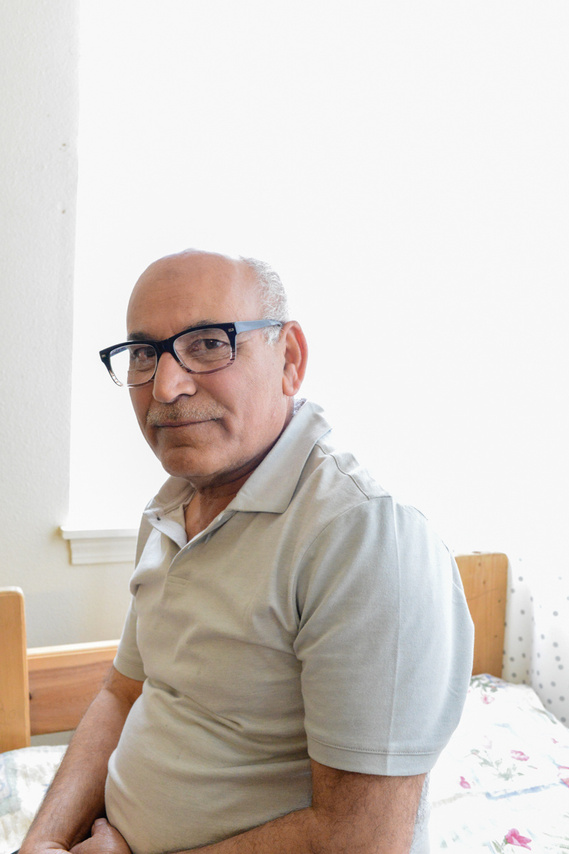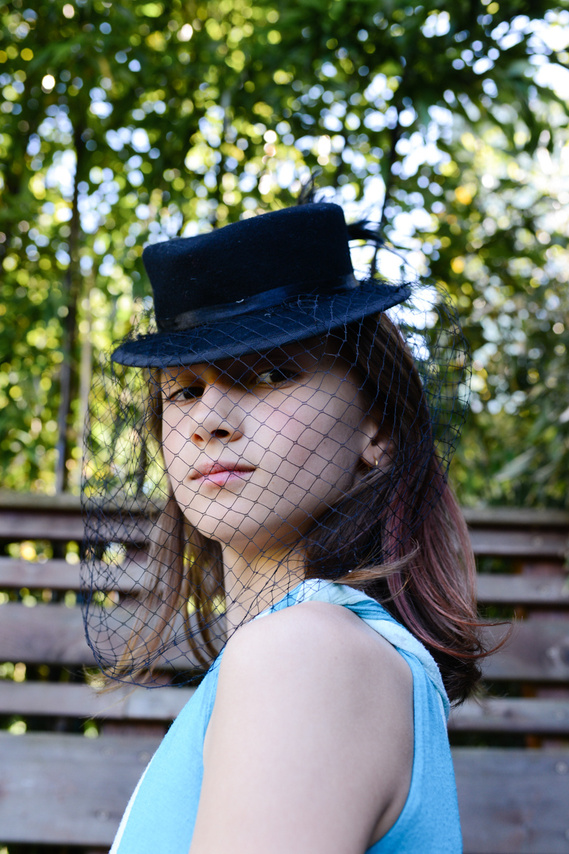Incomplete History
(for Oregon Historical Society - 2017)
Incomplete History (2017 - Unfinished Work)
In 2017, artists Jennifer Rabin, Ross Lee Chappell and myself were awarded a year-long artist's residency called "Exposing the Archives" through Oregon Historical Society and Newspace Center for Photography. Working collaboratively, we sought to explore how place, history, and story—which all converge in OHS’s archives—affect individual and collective identities in the present day. Specifically, we looked at the ways that the archives have included and excluded different communities. Whose histories have been recorded and whose have been erased? Whose is represented and whose is misrepresented? Which communities are attempting to tell the stories of others and which communities are largely self-representing? Who has been “othered” by way of exclusion or misrepresentation?
After identifying a number of groups that have not been equally or adequately represented in the historical archives, we began meeting with diverse and often marginalized Oregonians across the state, making photographic portraits, and listening to their stories.
Stories were gathered through interviews with each participant. The overarching goal was to offer an opportunity for participants to express, in their own words, why sharing stories matters, when they feel seen and unseen, and who they want to tell and keep their stories. We sought to find archival materials that would provide historical context for each individual’s story, either through representation or a lack of representation of that person’s experience in the materials.
The intention was to create an exhibition, incorporating a series of large-scale portraits displayed alongside quotes from the interviews, so that the subjects’ words will be in conversation with their portraits and with the historical materials.
All portrait sittings were collaborative and all participants were given a digital copy of the image we made with them. In exploring the nature and history of othering, we dedicated ourselves to respecting the agency of everyone who contributed.
As a creative team, the three of us committed ourselves to a feminist collaborative model, which values intuition, process, and intention alongside research and critical thought. Our process allowed our interactions with each other and with participants to guide our work as much as the work informed our interactions with each other and with participants, so reciprocity was built in.
With xenophobia, hatred, and racial violence rising in this country, this project aimed to reduce fear and counteract isolation by listening to stories of what makes us different. It has been our hope that in listening to stories of those with different experiences and viewpoints, we will nurture empathy and understanding, which are the natural enemies of fear and hatred.
Heartbreakingly, this project was brought to an abrupt and unexpected halt when Newspace Center for Photography closed suddenly in July 2017, and all support for our project dissolved.
I am incredibly grateful to the participants who shared their time with us, invited us into their homes, their communities, their places of work, and for sharing with us a view into their lives and history.



































